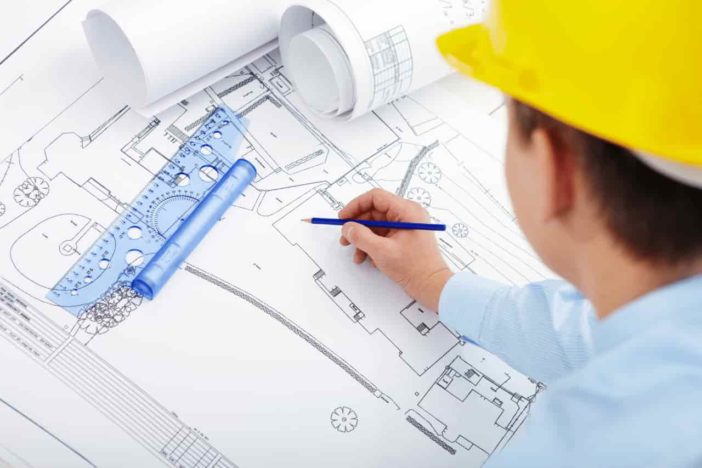As a successful project manager, it takes several skills to manage construction projects effectively. Your responsibilities range from planning in advance to carrying through with actions on time and under budget. However, there are always lots of places where a project can go off-the-rails.
Being a construction project manager is about following a plan. At the same time, you must know how to react to what’s going on at any given moment. Here is how to manage your construction projects more effectively.
1. Base Knowledge
Although base knowledge doesn’t guarantee you being an effective construction manager, it does set the tables for you to succeed in this role. A construction manager is tasked with communicating to various parties on-site and must understand the challenges their crew is facing.
There is a certain respect that must be earned. The more knowledge a manager maintains, the better off they will be at discussing the details. This knowledge ensures the crew is well supported.
2. Every Project Needs a Plan
Construction projects need a plan. It’s rare that there isn’t a very detailed plan given at the beginning of work. It is also about having approval for the plan. The relevant stakeholders need to have signed off on it. Permits should be done. Any permissions should be obtained before work begins. Time is of the essence and projects need to get off the ground with an approved plan in place.
3. Communication Is Most Important
Communication is everything in commercial construction companies. It solves safety issues and outlines job expectations. Plus, it’s a regular check-in, individually and in group settings. Keep communication channels open.
Everyone should feel comfortable coming up and speaking to you directly if there’s ever an issue. As a construction project manager, if your communication skills aren’t quite where you think they should be, practice. You’re managing a large group and it’s key to foster open and honest communication among everyone.
4. Check-In with Supervisors
If it’s a very large group, you can rely on supervisors or team leads to provide you with the latest information on progress and any issues. Take advantage of all these eyes on the job site and check in with them regularly to ensure contractors perform safely and adequately. Ensure progress is coming along as you assume to be the case.
5. Make Clear Key Performance Indicators
KPIs are important. They let you know how far into a project you are and whether it’s meeting expectations on performance. As a construction project manager, you must understand your goals and the appropriate benchmarks to set your KPIs.
Check if you happen to be underperforming at any moment or in any way. As a manager, you will then make the decisions to catch up with things on the job site.
6. Move Resources Around In Real-Time
Some projects fall behind, often because contractors underperform, or subcontractors don’t show up. Plus, mistakes are made and require correcting. A lot can happen on a job site. As a manager, it’s on you to assess situations and, when needed, move around resources.
If you’re falling behind, you may add more people or shuffle around the schedule a bit. The last thing you want is for your project to suffer monetary losses because of an inability to make the schedule work as promised.
7. Don’t Sacrifice Safety For Productivity
Sometimes, a project can fall behind schedule. Unknown things become known. Safety hazards present. No construction project should be putting its workers in harm’s way, trading safety for productivity.
Health and safety are the highest priority. If safety isn’t achieved, the work’s not to continue. Project managers have to protect the crews. Regardless of where you need to be schedule-wise or with productivity, to put anyone at risk is the wrong decision.
8. Document with Daily Reports
A large part of construction management is ongoing monitoring. This involves authoring daily reports and documenting everything. If expenses are going over budget, describe why. If performance issues are persisting, make it clear as to why. Multiple daily reports should be generated, including things like cost-to-complete, hours lost, percent of efficiency, timecards, internal collaboration, and more.
9. Use Software to Make Progress Tracking Open
The flow of communication to external stakeholders is important. Transparency is needed so that relevant parties know how a construction project is progressing. The software can make this all automatic, syncing up reports and documents, automating emails, updating calendars, and syncing photos and videos. They also allow for budget and schedule changes, and approval requests, and a mix of features that make it easier to keep external stakeholders involved.
10. Problem-Solve With Permanent Solutions
A construction manager should observe, ask questions, and be ready to resolve issues on an ongoing basis. The solutions arrived at should work at the moment and be safe and credible as a long-term solution.
A construction manager never stops regularly picking up knowledge on new equipment, practices, safety requirements, and tech advancements. They are very much looked at as subject matter experts on the job site and are responsible for producing in-the-moment solutions that work.





